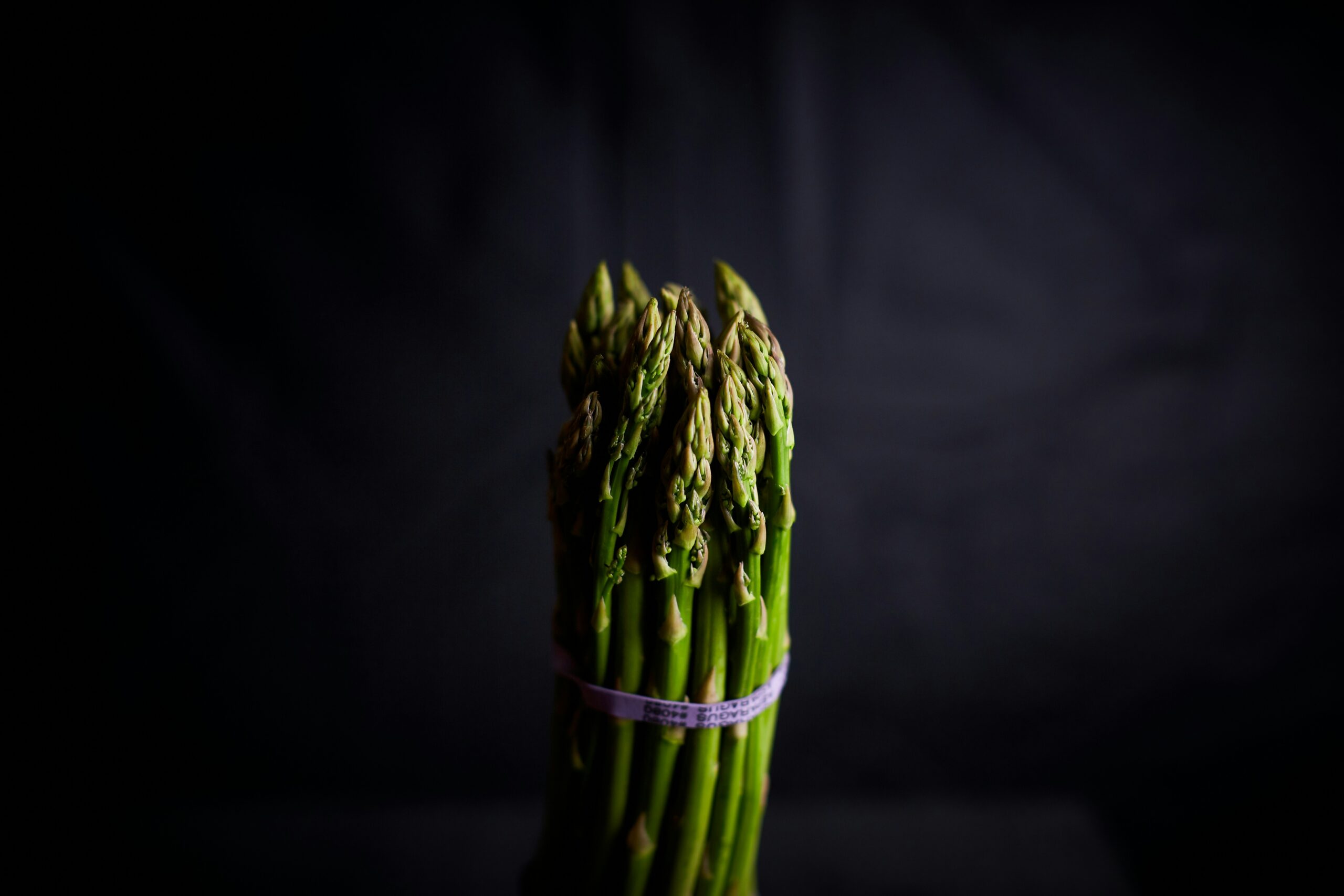Have you ever noticed a change in the odor of your urine after indulging in certain foods or beverages? This intriguing phenomenon can be both surprising and puzzling. You might find yourself wondering why your urine has a distinct aroma, and if your diet might be the culprit. In this friendly and comprehensive discussion, let’s delve into whether particular foods or drinks can indeed lead to strong-smelling urine, and uncover the underlying science.

Understanding Urine: What It Reveals
At first glance, urine might seem like just another bodily fluid, but it actually provides valuable insights into your health. Typically, urine is composed of water, urea, electrolytes, and waste products filtered out by your kidneys. Its color and smell can tell you a lot about your hydration levels, diet, and even potential health issues. Usually, urine has a mild aroma that’s not overpowering. However, deviations from this can sometimes occur, especially after certain dietary choices.
The Role of Diet in Urine Odor
Your diet has a profound impact on many aspects of your health, including the smell of your urine. Certain foods contain compounds that, when metabolized, can influence urine odor. It’s important to differentiate between harmless dietary influences on urine smell and changes that may signal health concerns.
Foods Known to Impact Urine Odor
Some foods and drinks are notorious for affecting urine odor. Here’s a closer look at a few popular culprits:
Asparagus
Asparagus tops the list when it comes to causing strong-smelling urine. The vegetable contains asparagusic acid, which, when broken down in your body, produces sulfurous compounds. These compounds give urine a distinctive odor that some people describe as sulfuric or sour.
Coffee and Caffeinated Beverages
If you’re a coffee lover, you might notice that caffeine can also change the smell of your urine. Coffee is a diuretic, increasing urine production, and may lead to more concentrated, strong-smelling urine. Additionally, compounds in coffee can also alter urine smell directly.
Garlic and Onion
These flavorful foods belong to the Allium family and contain sulfur-containing compounds that can affect your urine’s scent. When metabolized, these compounds can introduce a pungent odor, much like their influence on your breath after a hearty meal.
Fish
Fish, particularly varieties like salmon or tuna, can change urine odor. The breakdown of trimethylamine oxide in these fish releases trimethylamine, which your body expels through sweat and urine, affecting their odor.
Drinks and Their Impact
Certain beverages besides coffee can also influence urine smell:
Alcohol
Alcohol can dehydrate you, leading to more concentrated urine, which tends to have a stronger smell. Moreover, some components in alcoholic drinks, particularly in beer and wine, might contribute directly to urine odor changes.
The Role of Dehydration
Beyond diet, your hydration level plays a crucial role in urine odor. Dehydration leads to concentrated urine, which is often darker in color and stronger in smell. Drinking ample water dilutes urine, helping to minimize any pungent odors.

When Strong-Smelling Urine Warrants Attention
While it’s common for certain foods and drinks to cause changes in urine odor, it’s essential to know when to consider seeking medical advice. If you notice persistent changes in your urine’s smell, especially if accompanied by symptoms like pain or burning during urination, frequent urges to urinate, or changes in color, it may be wise to consult a healthcare professional.
Potential Health Concerns
Certain conditions can lead to changes in urine odor. Some of these include:
-
Urinary Tract Infections (UTIs): Often cause urine to have a strong, foul smell and can be accompanied by discomfort.
-
Diabetes: High blood sugar levels can lead to sweet-smelling urine due to the presence of excess glucose.
-
Liver Disease: Can produce musty-smelling urine due to the presence of certain metabolites.
Medications and Supplements
Certain medications and supplements can also affect urine odor. Antibiotics, vitamins, and some multivitamins (especially B6) may lead to noticeable changes in smell.
Tips for Managing Urine Odor
Understanding why your urine might smell strong can be reassuring. Here are a few tips to manage and minimize unwanted odors:
| Tip | Description |
|---|---|
| Stay Hydrated | Drinking enough water dilutes urine, reducing strong odors. |
| Moderate Trigger Foods | If certain foods consistently affect your urine’s smell, consider moderating their intake or ensuring ample hydration when consuming them. |
| Monitor Symptoms | Pay attention to any additional symptoms and seek medical advice if necessary. |

Conclusion
Changes in urine odor can arise from a variety of factors, primarily influenced by your diet and hydration levels. Foods like asparagus and beverages such as coffee can cause temporary changes that are generally harmless. However, consistent changes in urine odor, particularly when coupled with other symptoms, may indicate a health concern worth investigating. By staying informed and attentive, you can effectively manage and mitigate strong-smelling urine, ensuring that you’re taking a proactive approach to your health.

